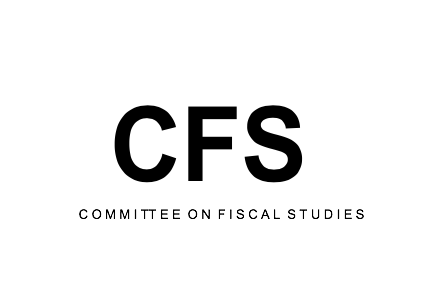Formulary Apportionment for the Extractives Industry - How Should Resource Rents be Taxed.
Abstract
In contrast to the current transfer pricing (TP) regime with its arm’s length requirement, unitary taxation using formulary apportionment has for many decades been suggested as a more appropriate alternative for allocating income of multinational entities to jurisdictions for the purposes of taxing rights. The concept and application of unitary taxation and formulary apportionment is neither new nor novel, with inter-jurisdictional regimes having been in place around the world for many decades. Scholars such as Sol Picciotto (1992, 2013a, 2017) have long advocated for formulary apportionment at a global level while noting the difficulties that potentially arise in determining appropriate formulary apportionment allocation keys, as well as ensuring that countries of the Global South are not net losers from its application. The same scholars also emphasise that while formulary apportionment at a global level is the gold standard, there are many benefits to a more gradual move towards formulary apportionment within the current international tax regime. Through the recent work of the Organisation for Economic Co-operation and Development (OECD) and the United Nations (UN), there has been a proposed shift towards formulary apportionment with a focus on ensuring profit allocation is to jurisdictions where economic activity occurs. Economic activity is reflected in the allocation keys that make up the formula and their respective weightings. The biggest challenge to introducing formulary apportionment is global agreement on these allocation keys and their weighting. There are numerous examples of formulas used in domestic regimes as well as proposals at a global level. Generally, formulas consist of a combination of factors such as capital and labour that reflect the origin or source jurisdiction and sales that reflect destination jurisdiction. These formulas, however, may not be suitable for countries in the Global South, especially those that are resource-rich, where such an application results in a large proportion of income being allocated to jurisdictions other than the source country because the formula relies heavily on sales at the destination.
Picciotto (1992, 2013, 2017) has, in several papers, noted the exploitation of natural resources, especially the extraction of minerals, oil and gas, as being critical to the economic development of countries in the Global South, with the main benefit being the tax revenue generated. Corporate income tax, however, is generally found to be disappointingly low, with resource rent taxes producing much higher tax revenues. The above observations lead to two questions in designing a regime that adequately captures the value of natural resources for source countries. The first is whether the extractives industry should be subject to a corporate income tax regime that adopts formulary apportionment using the traditional three-factor formula or should include a fourth ‘resource rents’ factor. Second, the question arises of where the roles being separate but complementary charges should be imposed. Both questions address the overarching issue of whether the corporate income tax regime should capture a greater proportion of income from the extractives industry or the income should be captured through alternative means.
This article builds on the work of Picciotto and others who have previously highlighted the tensions around a formulary apportionment regime for the extractives industry and, in doing so, focuses on source jurisdiction entitlement concerns in the Global South. It addresses the questions outlined above and considers the arguments for and against a fourth factor or allocation key, such as a production volume factor or a source-based sales factor that modifies any general apportionment formula and reduces the significant emphasis on sales at the destination and the role of separate charges.
The article ultimately suggests that while economic rents should be taxed separately outside the corporate income tax regime, reform of the corporate income tax system based on unitary taxation and formulary apportionment that addresses the fundamental flaws in the current regime should be undertaken. However, the article also recognises that this top-down approach is one that is difficult to attain and that a pragmatic bottom-up approach, which is being witnessed in the current international tax reform arena, may also benefit resource-rich countries, especially those in the Global South.



